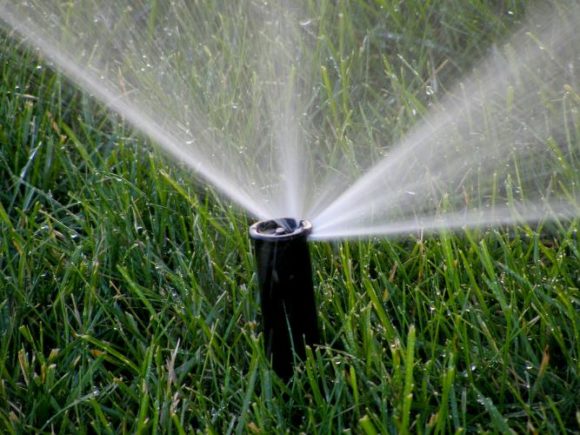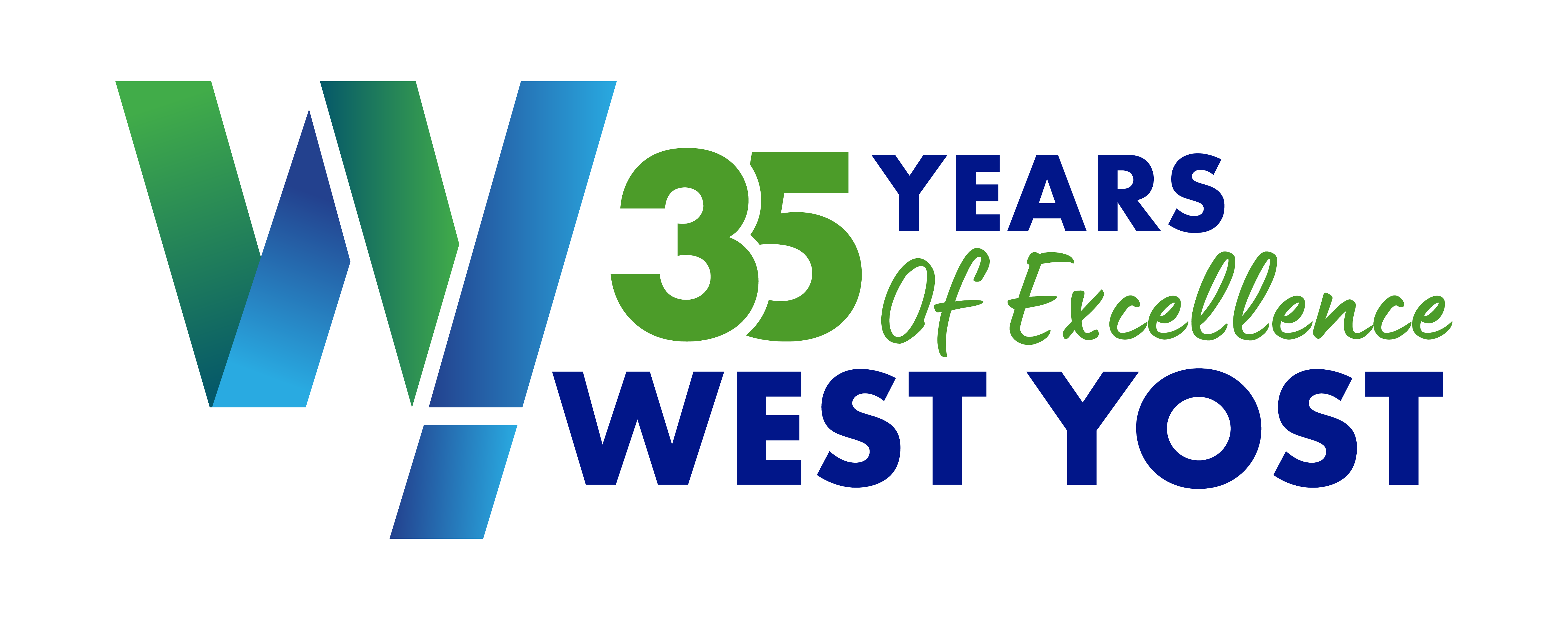A Summary of the California State Water Resources Control Board’s New Recycled Water General Order

On June 7, 2016, the California State Water Resources Control Board (State Water Board) adopted Water Reclamation Requirements (WRRs) for Recycled Water Use (General Order), which establishes conditions for the permitting and use of recycled water for non-potable uses.
The General Order replaces the general order issued in 2014, Waste Discharge Requirements (WDRs) for Recycled Water Use.
The General Order was developed in response to the Governor’s Drought State of Emergency proclamation in 2014, which directed the State Water Board to adopt statewide criteria to facilitate the use of treated wastewater to reduce potable water supply demands. The new regulations recognize recycled water as a resource by utilizing WRRs as the recycled water permitting vehicle instead of WDRs.
General Order Highlights
- The intent of the General Order is to streamline the permitting of recycled water uses by delegating the authority of managing water recycling programs to an Administrator (may be a public agency or private entity, as discussed in the sidebar) and to create a uniform statewide permit system to eliminate variations between Regional Boards.
- Under the General Order, the Administrator is given the authority to manage the program and issue Recycled Water Use Permits directly to individual Users, which relieves end Users from needing to apply for permits directly from the Regional Board (Users are still subject to the conditions of the General Order).
- Regional Boards are required to transition all recycled water programs to the new General Order within three years of adoption, and enrollment is now mandatory (unlike the prior general order in which enrollment was optional). Exception: Agencies covered by an existing Master Reclamation Permit or through individual waste discharge permits issued by a Regional Board may remain under these permits.
- The General Order covers only treated municipal wastewater for non-potable uses (for example, landscape and agricultural irrigation, toilet and urinal flushing, commercial carwashes, concrete manufacturing, dust control, and industrial cooling water).
- Potable reuse projects will be addressed by separate regulations currently being developed. These include regulations for Surface Water Augmentation, Indirect Potable Reuse and Direct Potable Reuse projects.
- Groundwater replenishment projects are covered under separate regulations adopted June 18, 2014.
- For projects that overlap multiple Regional Board boundaries, a single permit will be issued by the State Water Board, eliminating the need for multiple permits.
For additional information, contact:
Don Berger
925.285.5577
dberger@westyost.com
Monique Day
530.792.3221
mday@westyost.com
